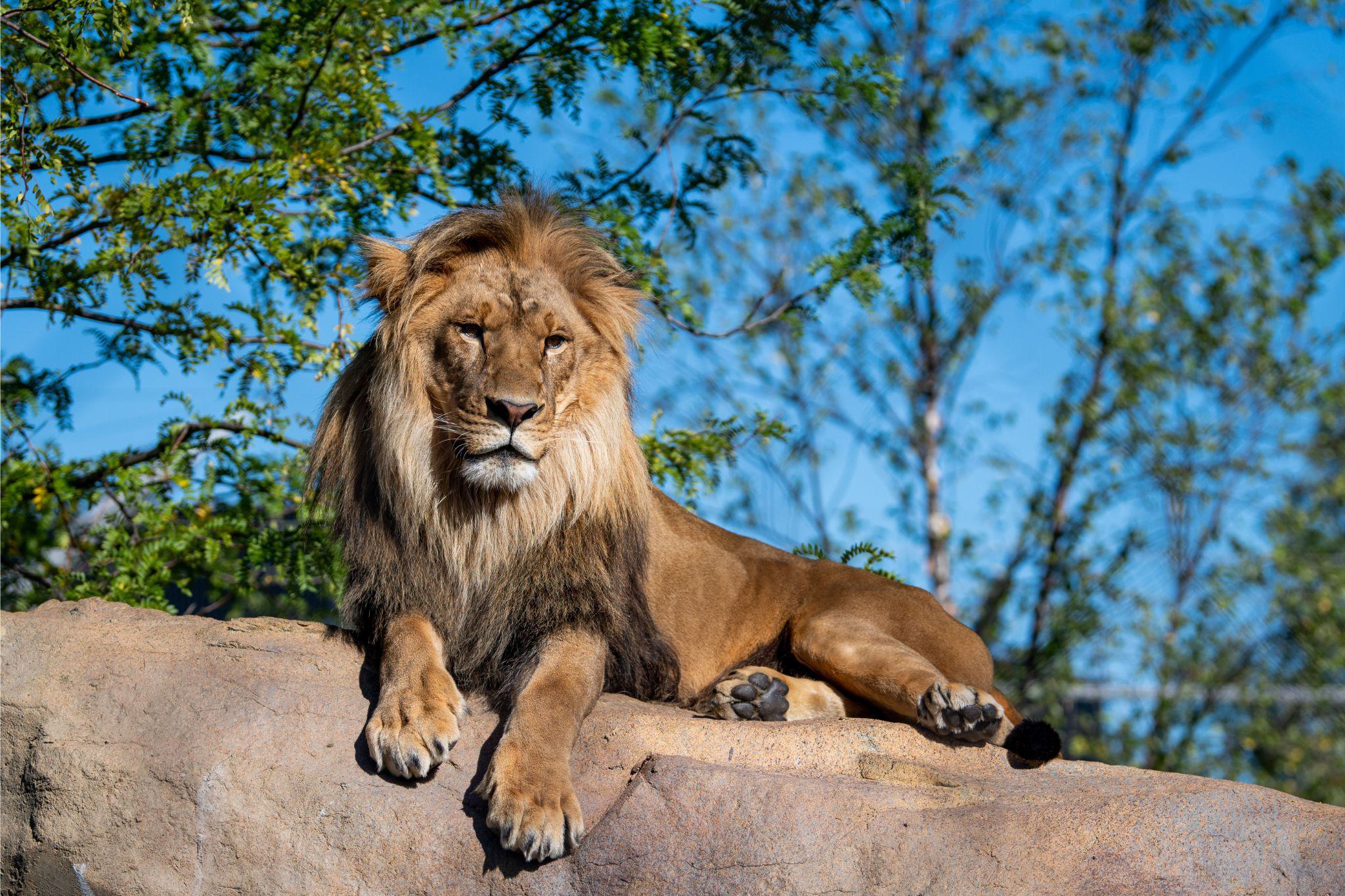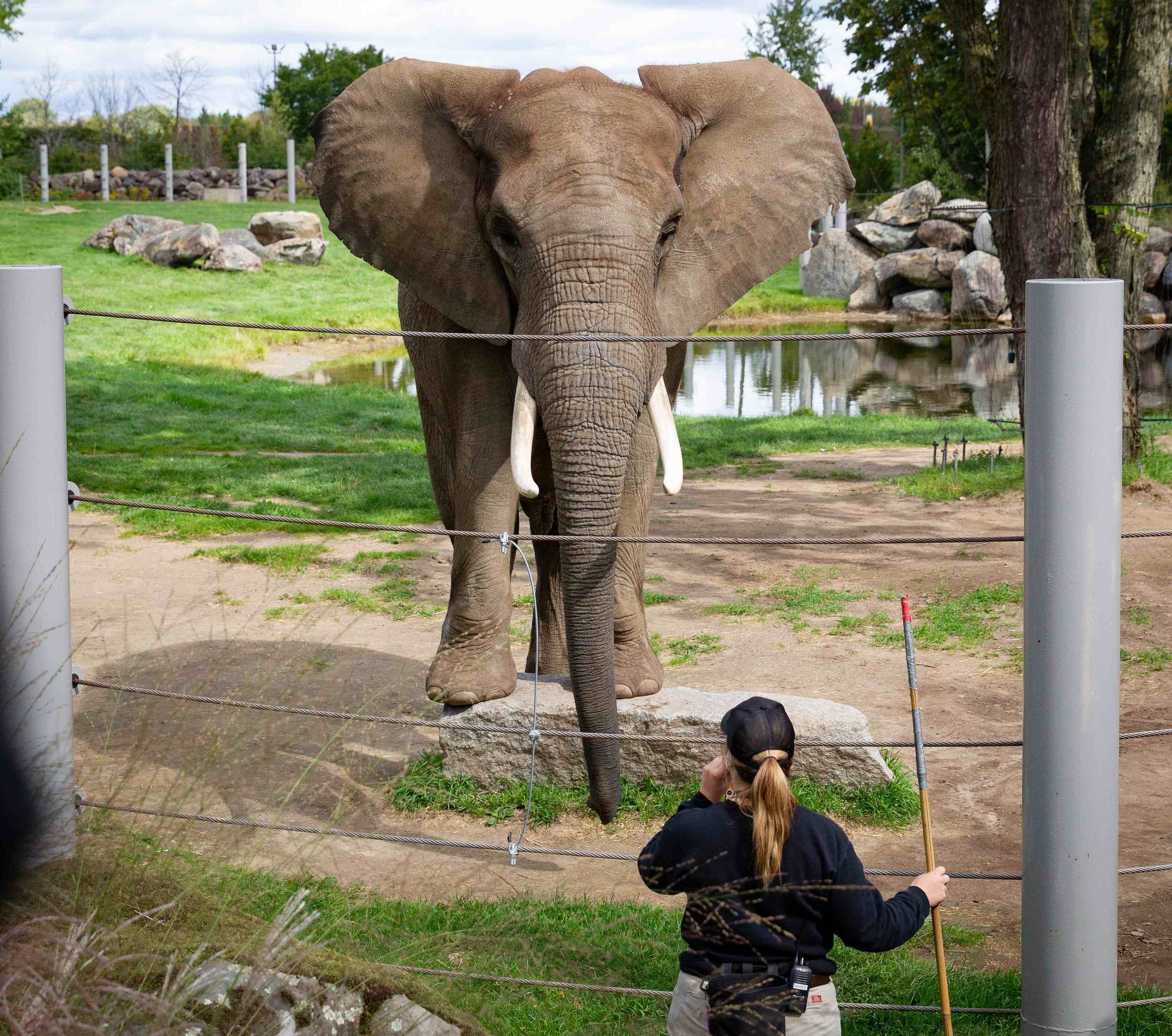<p></p> <p>Our Bat Expert on a Bat-Mission in Martinique</p> <p></p>
Our Bat Expert on a Bat-Mission in Martinique
Last April 8, all eyes were focused on the Sun as we experienced a total solar eclipse throughout the Southern part of Québec. All eyes? No! In fact, while we were sun-gazing, the Zoo de Granby’s research coordinator, biologist Louis Lazure, was in Martinique on a very special scientific mission! He was there to meet with local stakeholders to share his expertise in the study of bats and establish relations for future conservation projects on this Caribbean island.
Does he regret missing the eclipse? Perhaps a little, but it was all well worth it!
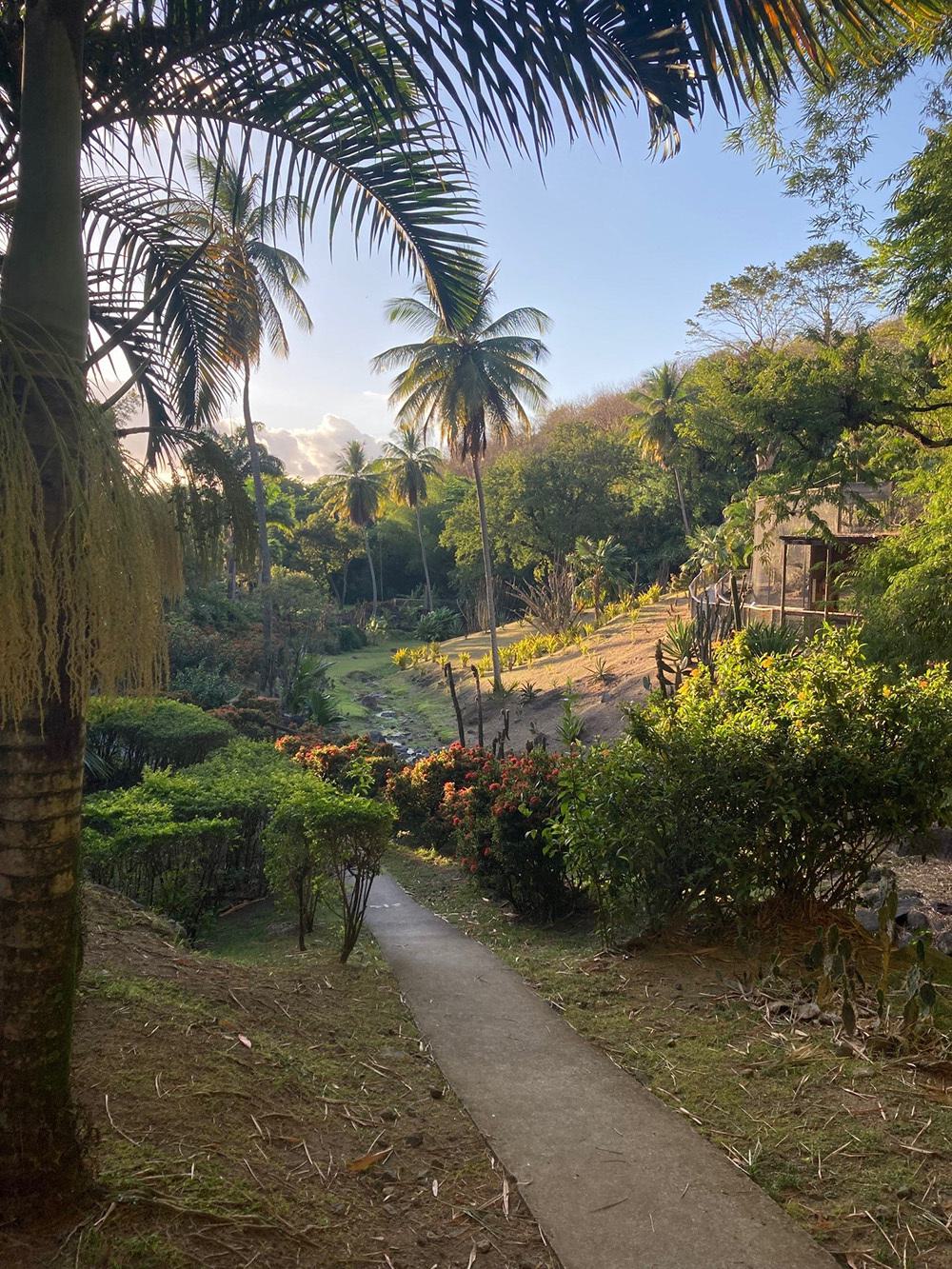
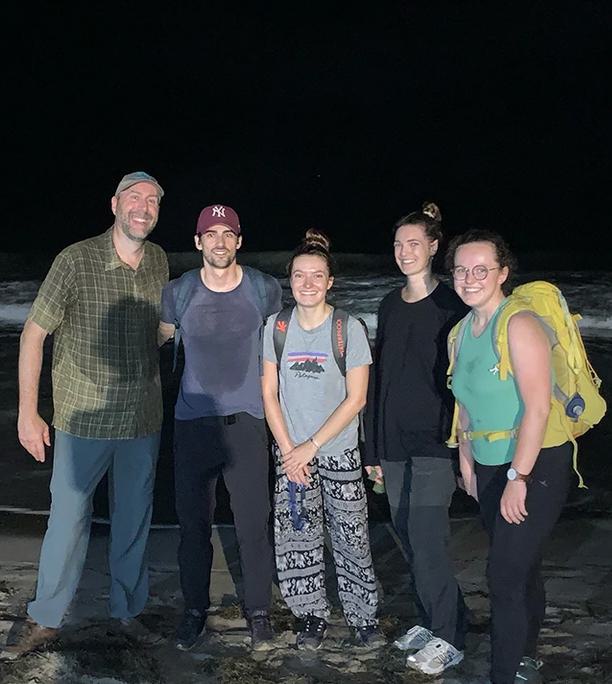
An Initiative Resulting from the 5-Year Partnership Agreement between the Zoo de Granby and the Université de Sherbrooke
The adventure began in 2023 with a research project carried out by biology students at the Université de Sherbrooke to monitor the egg-laying activities of two species of sea turtle (hawksbill and leatherback). This project will be continued in 2024, especially with our local partner, the Aquasearch firm from Martinique.
But, as well as continuing the marine turtle conservation project, the Zoo de Granby wanted to make the most of another area of expertise developed at the Zoo: that relating to chiropterans!
There are 11 species of bats on the island, including the Martinique bat, an endemic species (the only place it’s found in the world!) and highly threatened. So here was a golden opportunity to put the experience of our very own Mr. Bat to good use!
Building Bridges and Working Together in the Field
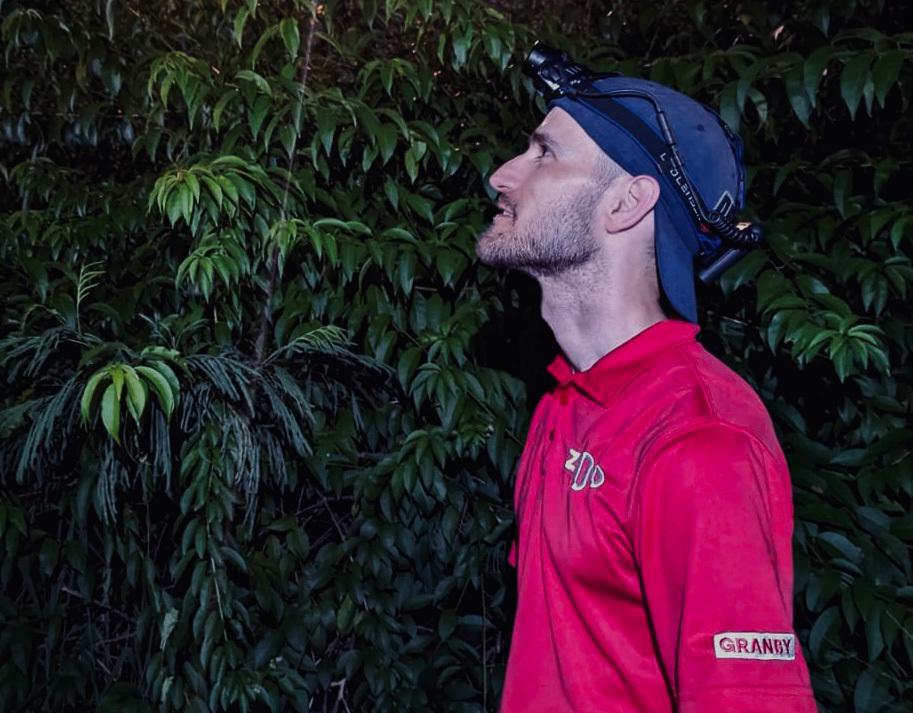
Notably, the key objectives of the mission were to meet with our local partner, to become better acquainted with the local species, to gain a better understanding of the issues affecting bats in Martinique in terms of knowledge acquisition and conservation, and to understand the structures (organizations, individuals, groups) involved in these matters. More concretely, it involved targeting priorities for action and identifying potential projects in which the Zoo could invest in the long term, directly in the field. And, in his opinion, there’s plenty of potential here!
His visit coincided with a week of training for local participants in bat studies. Instructors from France, Guadeloupe and French Guiana were on hand to teach the Martinique group how to capture bats, search for shelter sites, monitor bats using telemetry and more. This initiative falls within the scope of the project monitoring chiropterans in Martinique and Guadeloupe (CHIMAGUA project), launched in January 2023. The CHIMAGUA project’s aim is to strengthen and structure the monitoring of chiropteran populations on the two islands, and to acquire knowledge about chiropterans (biology, ecology, populations, etc.) which can be used in future conservation projects.
The training session allowed our biologist to meet and talk to a number of other chiropteran enthusiasts, explore Martinique’s beautiful natural sites and see (and even handle) new species (including frugivores and nectarivores, which we don’t find in Québec). He also took part in two days of meetings/discussions and three evenings of captures.
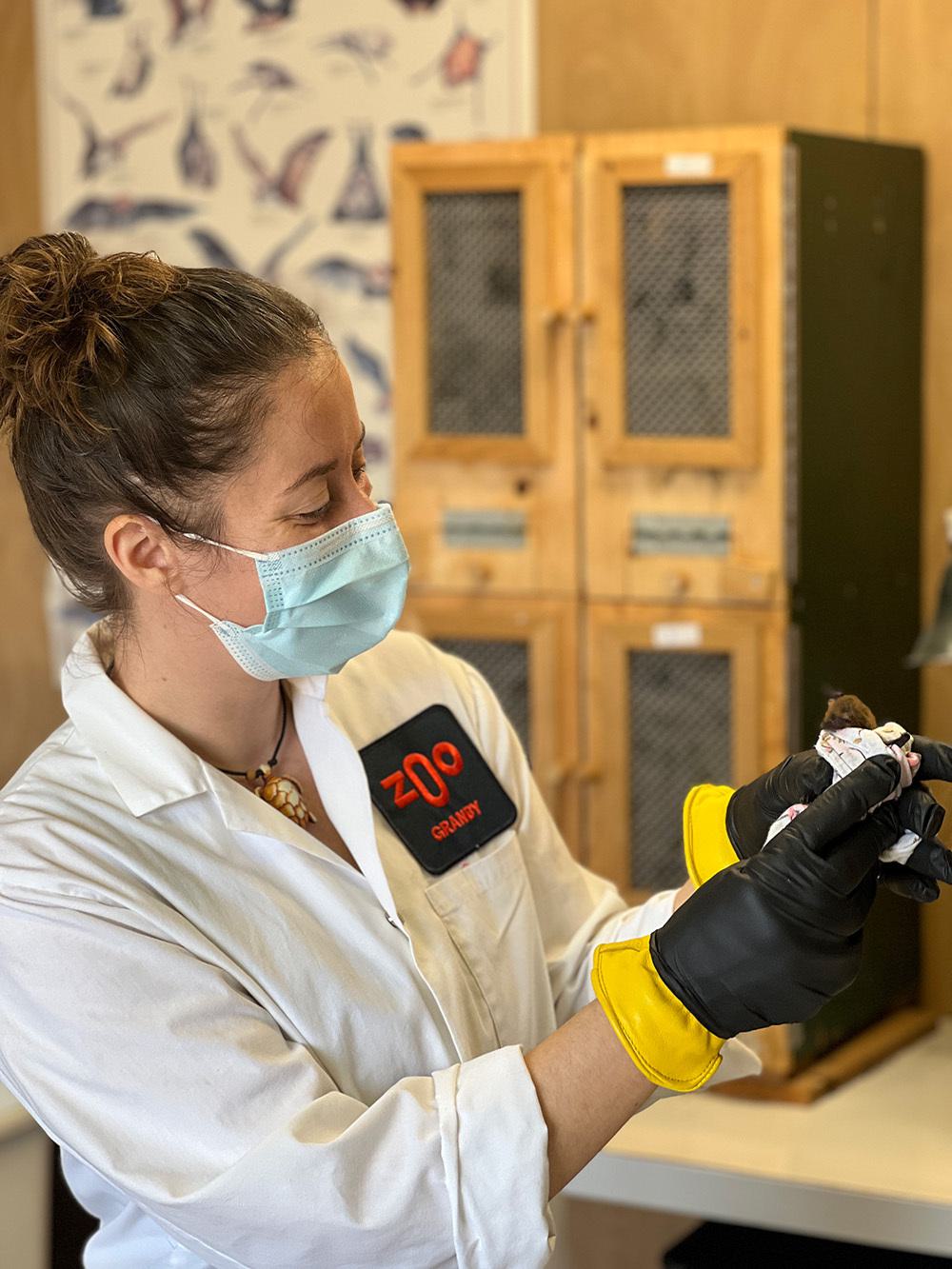
Follow-Up Relating to the Zoo’s Bat Shelter
Back in Québec, Louis is now preparing for the seasonal closing of the bat shelter operated by the Zoo and the release of its little residents.
About fifty bats were rescued during the winter and brought to the shelter to spend the cold season well protected until spring.
Sometime in May, as soon as the weather permits, these small mammals, with such a crucial ecological role, will return to their habitat where they’ll have another chance to reproduce and maintain their populations in the wild.
